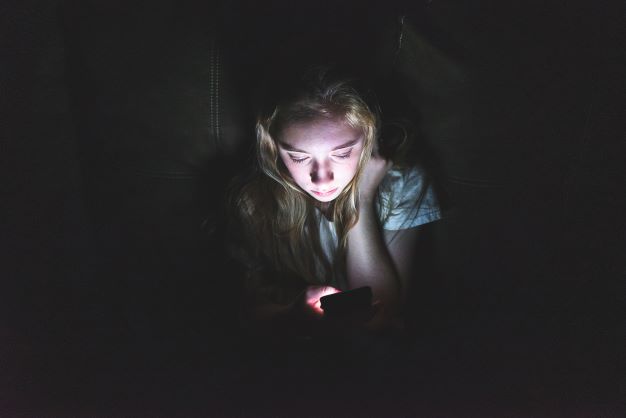For Young People, Mental Wellbeing is on the Decline Across the Globe
Your late teens and early twenties are, statistically, supposed to be some of the best years of your life, but a new global study surveying more than 220,000 people across 34 countries found that the 18-24 age bracket is facing troubling times.
So what’s the cause behind this sudden and surprising decline in mental wellbeing?
 Determined to find out the answer is the Mental Health Million project at Sapien Labs, a nonprofit dedicated to the study of the human mind and the major causes of human suffering. The group recently released its second annual Mental State of the World report, which uses a specially designed questionnaire — the Mental Health Quotient (MHQ) — to standardize and quantify the full spectrum of mental wellbeing. The MHQ consists of 47 elements organized into five areas: mood and outlook, drive and motivation, social self, mind-body connection, and cognition, with each category receiving its own separate score.
Determined to find out the answer is the Mental Health Million project at Sapien Labs, a nonprofit dedicated to the study of the human mind and the major causes of human suffering. The group recently released its second annual Mental State of the World report, which uses a specially designed questionnaire — the Mental Health Quotient (MHQ) — to standardize and quantify the full spectrum of mental wellbeing. The MHQ consists of 47 elements organized into five areas: mood and outlook, drive and motivation, social self, mind-body connection, and cognition, with each category receiving its own separate score.
The results of the report showed that, between 2020-2021, more than half of the survey participants in the 18-24 age bracket fell into the “distressed” or “struggling” mental wellbeing zone, compared to only 20% in 2019. A new CDC survey found similar results: that 4 out of 10 adolescents reported feeling “persistently sad or hopeless.”
It’s hard to identify why exactly young people are suffering worse than their elders, but the researchers at Sapien Labs believe the reason has to do with internet and cell phone usage — but not for the reason you might expect. Time spent on the internet replaces time spent doing other things, like running around outside or spending time with friends or family. Recent global statistics show that people with internet access spend on average seven to ten hours per day online, which inevitably limits the in-person socialization that’s so integral to healthy personal development.
Tara Thiagarajan, the founder and chief scientist at Sapien Labs, believes that young people, “arrived at age 18-24 and college with one-tenth of the expertise in solving social issues, living together, coexisting in productive ways without conflict… A lot of the unrest and conflict may be quite related to that, because at age 18, now you have the same experience of interacting with people as a 7- or 8-year-old had in the past.”
And while too much time online can be a distraction, there are plenty of ways young adults can use the internet to reduce feelings of stress and nervousness. Encouraging more group activities, especially those that are focused on health, could help address some of the contributors to these stressors. Healthy Monday offers many resources that encourage spending time with others, either in-person or online. The Health Monday Community Health series offers a number of group activities, such as team fitness challenges, big batch cooking and dinner ideas, as well as ways to spread positivity person-to-person or on the web. There’s also a variety of other Healthy Monday resources, such as the Healthy Monday Check-Up Tool, which can help remind people (of all ages) to stay committed to productive habits and healthy behaviors. stay on track or recommit to healthy behaviors.